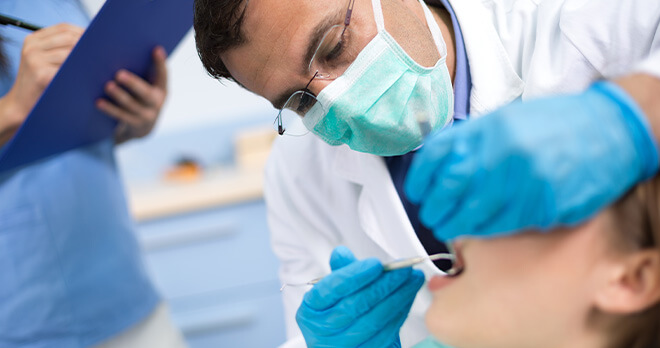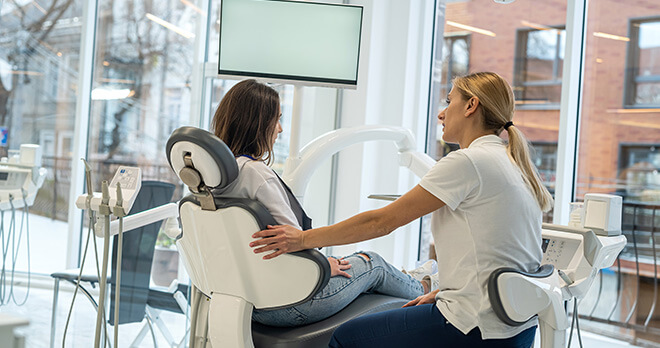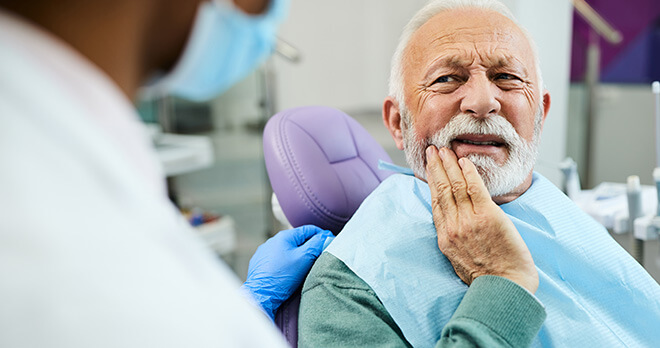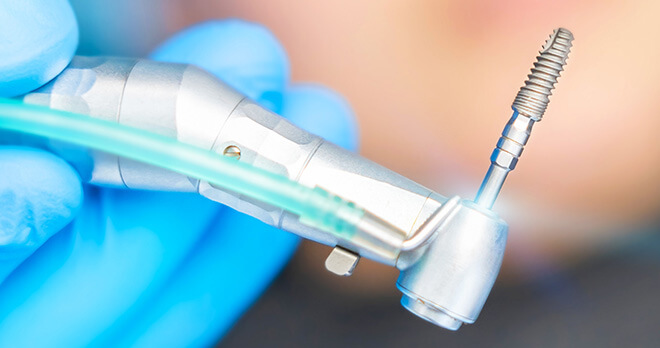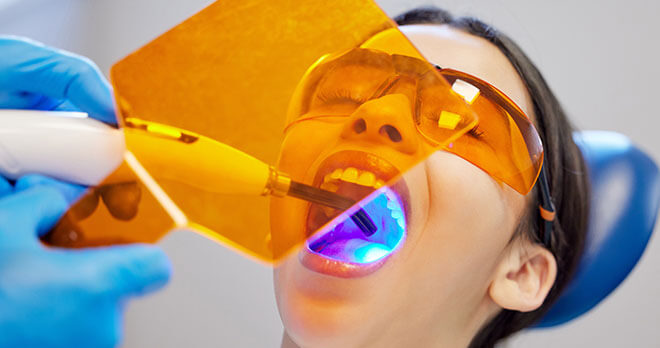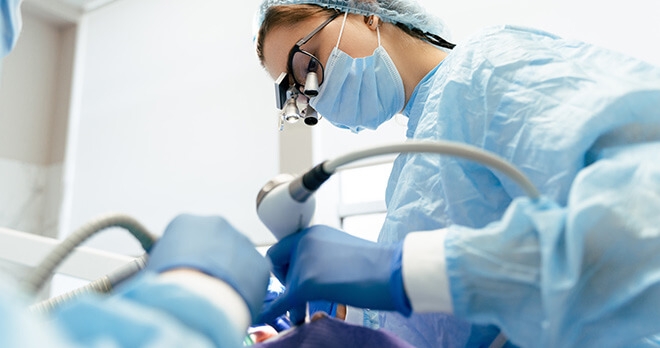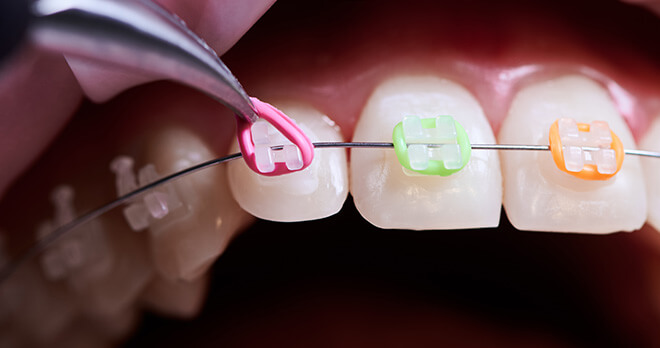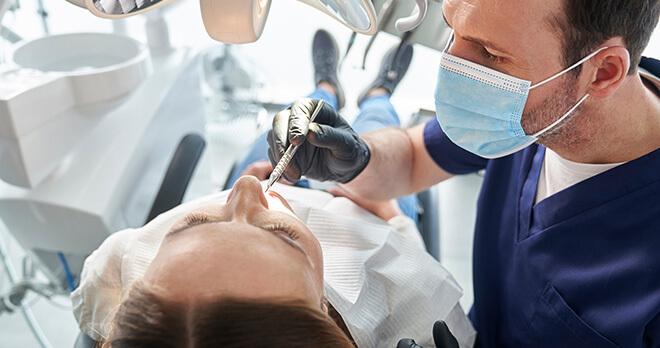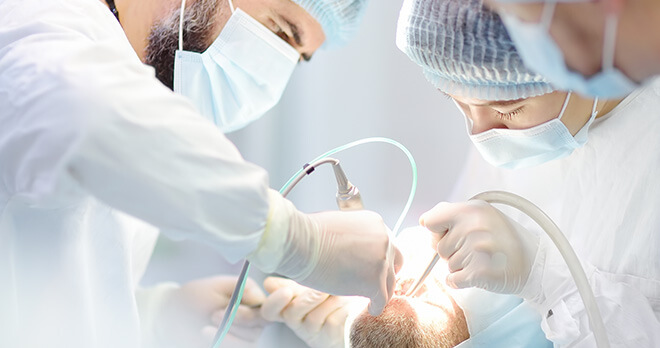Are non smokers still at high risk of developing oral cancer?
The dangers of smoking have been understood for many years, particularly those related to cancer. In the United Kingdom, smoking is related to 85% of all lung cancer cases. The risk of developing lung cancer is about 23 times higher in male smokers compared to non-smokers.
So one would think that the risks of oral cancer would be similar, or perhaps even greater. When I researched these figures, I found research to suggest that 60% of mouth and throat cancers are caused by smoking. However, I was slightly alarmed by another statistic that I found.
In some cases, research has found that non-smokers with pre-cancerous lesions (tissue which appears abnormal under examination that is associated with an increased risk of cancer) are twice as likely to develop oral cancers than smokers.
Dr Nigel Carter, Chief Executive of the Oral Health Foundation has commented on this:
‘Smoking may be the leading cause of oral cancer, linked to around three in every four cases, but non-smokers need to be just as vigilant in spotting and acting on any changes to the mouth..’
He further added:
‘The key to this is being alert to the early warning signs and seeking immediate help when you notice anything suspicious’.
Again, similarly to the statistics regarding cancer in smoking, men are more likely to develop oral cancer than women. In fact, they are twice more likely to develop oral cancer.
Overall, unfortunately more than 7,500 people are diagnosed with oral cancer every year.
The message is clear; even non-smokers can develop oral cancer. This means that you must be aware of any changes in your mouth and should visit your dentist regularly in order that your soft oral tissues can be examined. If you are concerned that your dentist has failed to diagnose an issue with your soft tissues, you should seek a second opinion as soon as possible.
Got a question?
You can call the team on 0800 923 2080 or message them to understand more about you potential compensation claim for dental negligence. We will get back to you at a time that is convenient to you.
Common claim types
Insights and opinions
View more articles related to Cosmetic dentistry, Crowns and bridges, Dental implants, Dental nerve damage, Extractions, Gum disease, Information, Mouth cancer, Orthodontics, Root canal treatment, Tooth decay and Wisdom teeth
